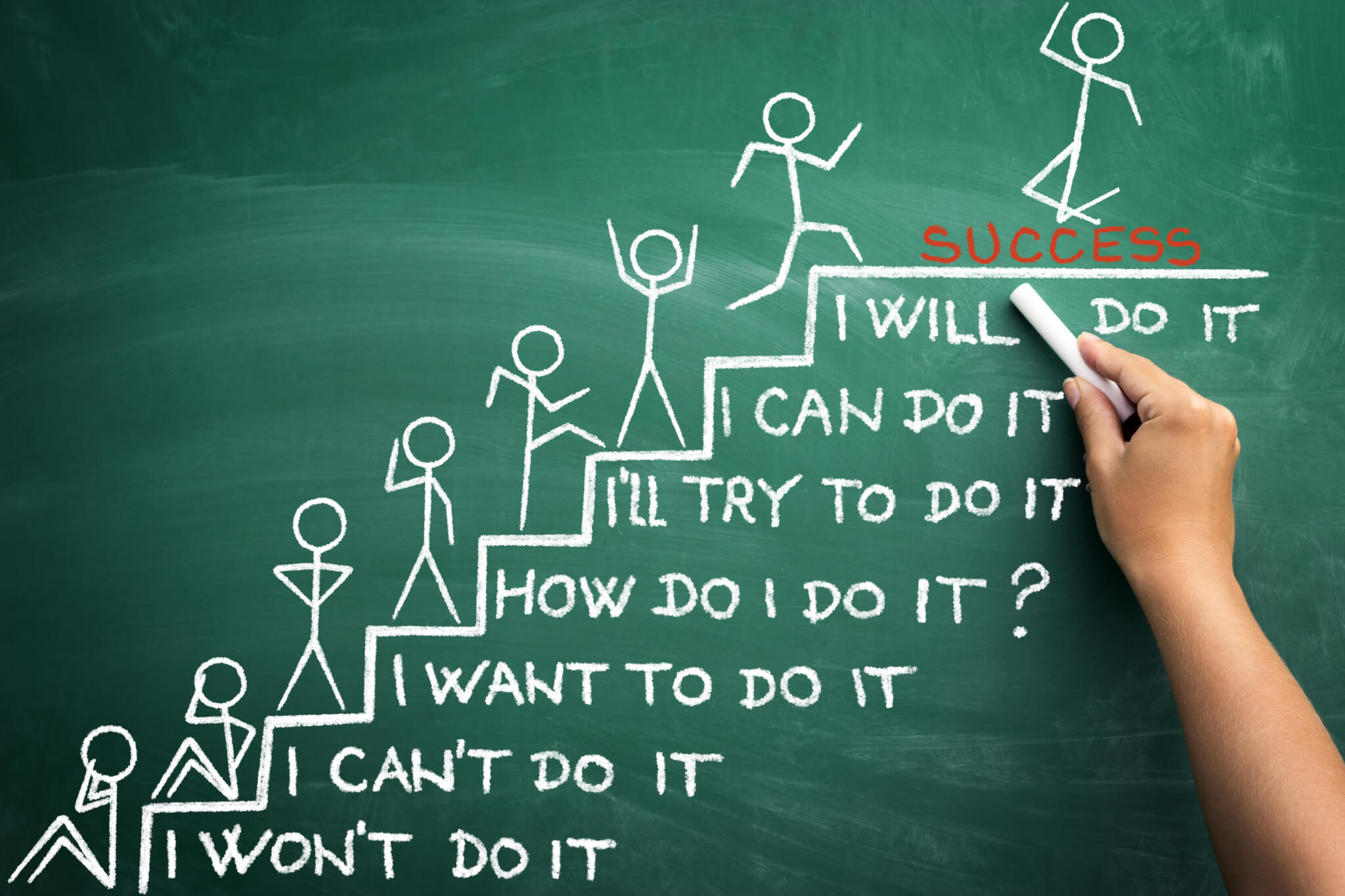💡What To Know:
- Scientists say one 35–40-minute course can boost people’ perseverance to achieve goals.
- The study finds “grit” plays a key role in people actively working on their goals.
- The course focuses on creating the “I can” attitude, so participants find their passion.
TRONDHEIM, Norway — Motivation is a commodity in short supply. Countless people want to be more productive, but simply can’t find the consistent willpower to truly dedicate themselves to tasks like exercise or learning a new language. Now, however, researchers from the Norwegian University of Science and Technology report they’ve developed a new method for boosting peoples’ perseverance, grit, and belief in their ability to achieve goals. Crucially, they say staving off apathy and accomplishing goals is all about tapping into one’s hidden innate potential.
Professor Hermundur Sigmundsson has been working for several years on these topics in an attempt to find out what exactly enables people to perform at a high level, and how performances may increase. Over the years he’s discovered that many different factors are in play. Notably, though, researchers say it is possible to change one’s attitude in just 35 to 40 minutes.
However, it’s imperative to be really passionate about the goal, and study authors stress attitude can make all the difference. The individual must truly believe they will meet the expectations they’ve set for themselves, or in other words, believe in their own growth. Moreover, the study notes one’s chances of success increase considerably if the majority of their life is generally on track.
Importantly, persistence or “grit” may influence whether the individual actually starts working toward a goal or sees it through to the end.

To start, a sample of 38 Norwegian students participated in a pilot trial conducted by Prof. Sigmundsson, in collaboration with Research Assistant Håvard Hauge. Participating students received a survey asking how well they scored on several different factors thought to play a role in success.
The questionnaires also mapped out how good the students felt about themselves in general. Next, everyone participated in an online course lasting 35 to 40 minutes, aptly titled “I CAN.” Finally, all the students completed the very same survey once more to gauge if anything changed.
“After the students had completed the online course, we saw a significant change in grit. It is quite astounding that we can change our attitude in 35-40 minutes,” Professor Sigmundsson says in a media release.
Regarding other factors, less change (if any) occurred. Still, the willingness to make an effort improved.
“We try to create an ‘I can’ attitude, a belief that they really will succeed. We also want to equip students with strategies that can help them evoke this feeling when they later find themselves in situations where they need it,” Prof. Sigmundsson notes.
Researchers stress that evoking this feeling time and time again strengthens neural networks in the brain necessary for developing greater grit over time.
“When you believe that you really can achieve something and are willing to make the necessary effort, this can increase the likelihood of taking on new challenges. It can increase your courage and provide more opportunities to find what you are passionate about, and then help you develop this passion,” Prof. Sigmundsson comments.

Participants also learned that success depends on personal effort and practice. Prior research reveals that purposeful practice is an integral factor when it comes to successfully achieving a goal. In other words, practicing exactly what you want to be good at.
Other studies have shown that when young people believe that they can succeed, or actually reach their goals, they tend to perform better in school. This held especially true among pupils from so-called “lower socioeconomic status” environments (families with low income or low-prestige jobs).
For instance, one study from an upper secondary school in Uganda reports girls in particular benefit from having female role models. Such role models show them that it is actually possible to achieve difficult goals. This can potentially help reduce academic gender differences as well as assist pupils who struggle mightily with academic work.
“When people develop stronger belief in themselves or ‘self-efficacy’, it is almost as if a switch is flipped,” Prof. Sigmundsson concludes.
While the results of this pilot study are very promising, study authors concede more research is necessary. Thus, they are now carrying out I CAN on a much larger scale, this time with nearly 1,000 10th-grade students.
The study is published in the journal Brain Sciences.
You might also be interested in:
